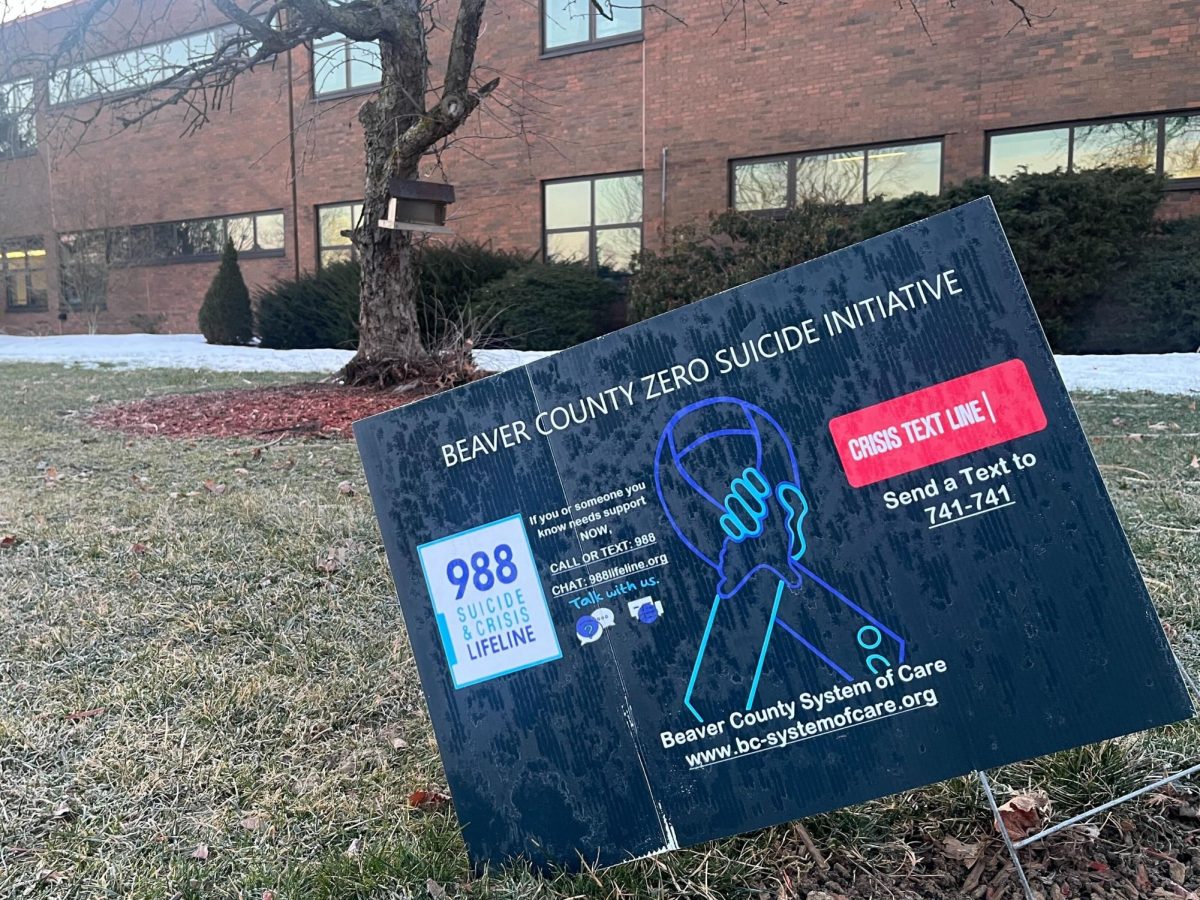With every passing month, the mental health crisis that many students face grows. As the winter starts to phase out and the spring slump starts to set in on students, it is easy for many high schoolers to get overwhelmed by their classes. As the crisis spreads, so do the awareness campaigns. With students, parents and teachers becoming more open to talking about mental health and mental health awareness, campaigns and advocacy for mental health awareness have started to make their way to the desks of Pennsylvania’s legislators.
To combat the growing mental health crisis, a bill was introduced in the education committee. House Bill (HB) 1519 would grant students three mental health days per school year. These days would count as excused absences. HB 1519 amends the Public School Code of 1949. This provides further excuses for not attending school. Both chambers agreed on the bill and committed it on Feb. 6. On the same day, it was put up for first consideration before quickly being “laid on the table” or put aside to be voted on again at a later date.
If passed, the bill could help lighten the load that students face when tackling their courses. Currently, students get 10 parent-excused absences per school year. If passed, the bill could potentially provide students with three more days that fall under the umbrella term of mental health days. These can be used to combat stress, catch up on work or be used for general self betterment in a way specific to the students.
Some conflict arises from two main views of the bill. The first view is that students need breaks to be able to function and perform better in school. Some think that if a student is struggling, a break can allow them a breath of fresh air and provide them with the resources to catch up and do better. The second thought comes with opposition to the bill. This view is that for students who are behind on their work, they need to be in school more and not less. Both arguments carry weight, as students can not learn without being in school and also because every student has the right to take care of themselves in the process of learning. The extra days would help provide students with better overall self-care. The freedom and flexibility to be able to take care of oneself are invaluable privileges. Due to the complexity and multitude of factors that take place in every day student life, the chance to improve one’s educational experience could be an integral new part of student life.



